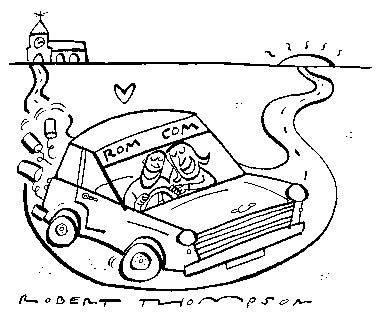Malindi, Kenya
I’m at Malindi’s Driftwood beach bar, nursing a Tusker beer. I’m gazing at the Indian Ocean. The day was hot: 110 in the shade. Now at dusk, a cool zephyr rises from the sea. The moon climbs. Lateen dhow sails puff towards the fishing grounds. The bar fills with surfers and deep-sea anglers. Soon Robin will arrive for his evening snifter, taking the same place at the bar as he has done every day for decades. The Driftwood bar is my office. I can’t get online at home. No network. On the north coast, technology does not really work. But that’s OK. The voices I hear on my phone from rainy little England have broadband and power. They do not sound happy. In fact, they sound very unhappy.
Yesterday I swam in the ocean with Claire and our children. We watched as a little way off huge numbers of little terns dive-bombed yellow-fin shoals feeding on sardines. On the beach, we checked the spot where a turtle laid its eggs. We wandered along the sands where my father’s ashes were once scattered as the ghost crabs scuttled towards the waves. This morning when the children went to school, golden orioles sang in the garden.
I had lunch with my 85-year-old mother Doreen. Most days, she returns to the jungles of Burma circa 1943, where she served in a women’s unit. Each day she sends me notes about bomber pilots and old photos of farms we no longer own. With great reluctance she allows Babu to drive her car to town, dodging the hordes of cyclists she might collide with if she was at the wheel.
This afternoon I had a conversation with Masoud about how small his potato crop was this year. Ahmed from Mogadishu, just up the beach from here, told me the Islamist threat from Somalia was exaggerated. I bought Range Rover spare parts in the backstreets of the old town, and as I wandered towards the market the muezzin called and I felt happy.
Any other weekend we might go snorkelling. The coral reefs have recovered since the El Niño damage of 1997 and the variety of iridescent fish is incredible. But upcountry rains have washed down the Sabaki estuary. Sometimes hippopotami are pushed out into the ocean and come ashore on our beaches. Right now the ocean is red with mud and floating with banana plants.
Instead, tomorrow we might go to visit Vasco da Gama’s pillar. We have seen Malindi’s stuffed coelacanth; the beautiful Swahili ruins at Gedi; the butterflies and golden rumped shrews of the Arabuko Sekoke rainforest. But until now we have never gone as a family to the pillar, erected by the Portuguese mariner da Gama after he returned here from his first voyage to India in 1498.
Some time ago I realised that although I love life on a farm, or in a buzzing city, what I need most is an ocean to live next to. I wake in the night, hear waves crashing on the beach. I feel I am in the right place. But the children have to go to school in upcountry Kenya. Since we want to avoid boarding school, we are following them to the Rift Valley. Black volcanoes and soda lakes and flower farms will be a wrenching change. At least we get to stay in Kenya. Ninety-year-old Joan has come to the Driftwood for a drink and tells me about her father’s early days in Kenya in 1904. Up comes Dave the surfer who asks, ‘Fancy a paddle tomorrow?’







Comments